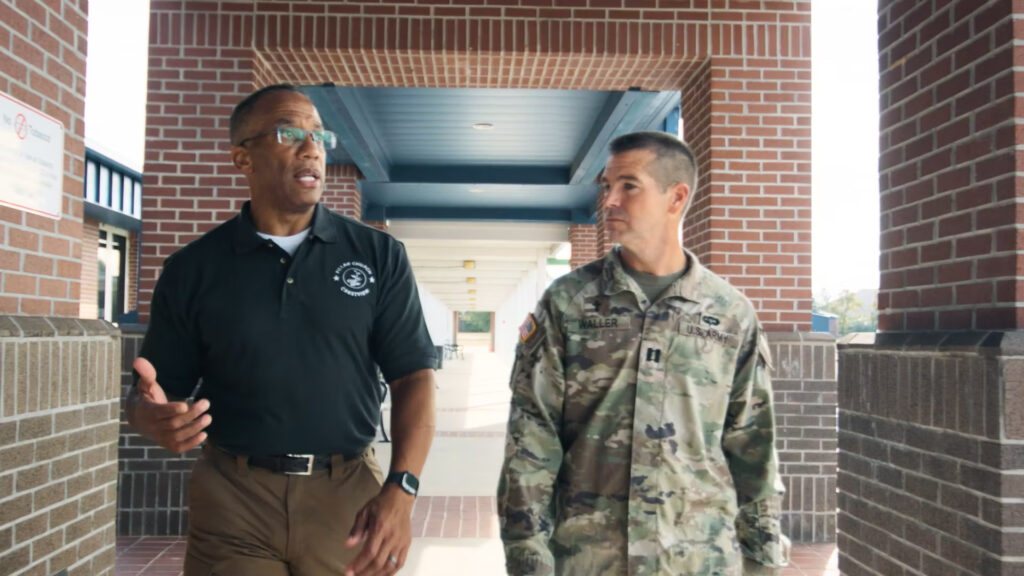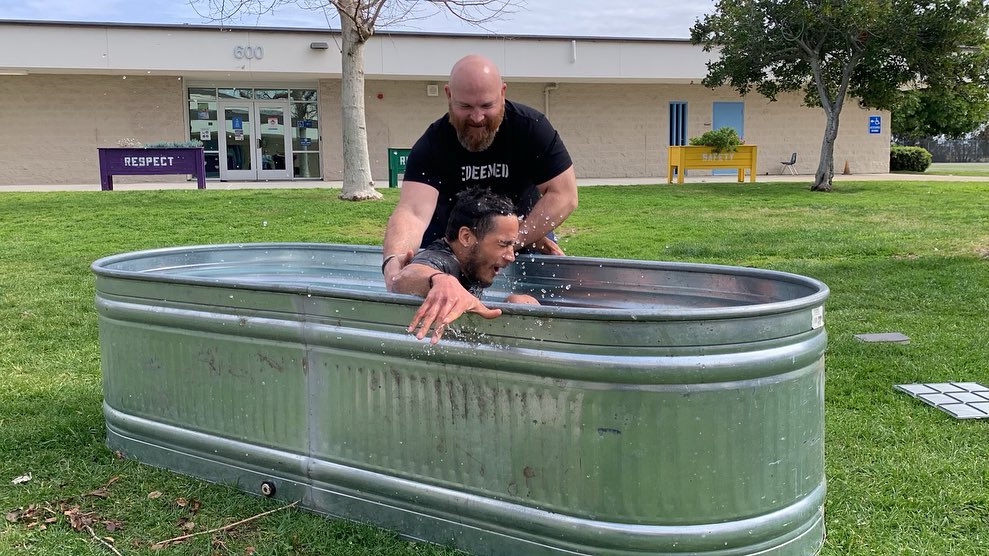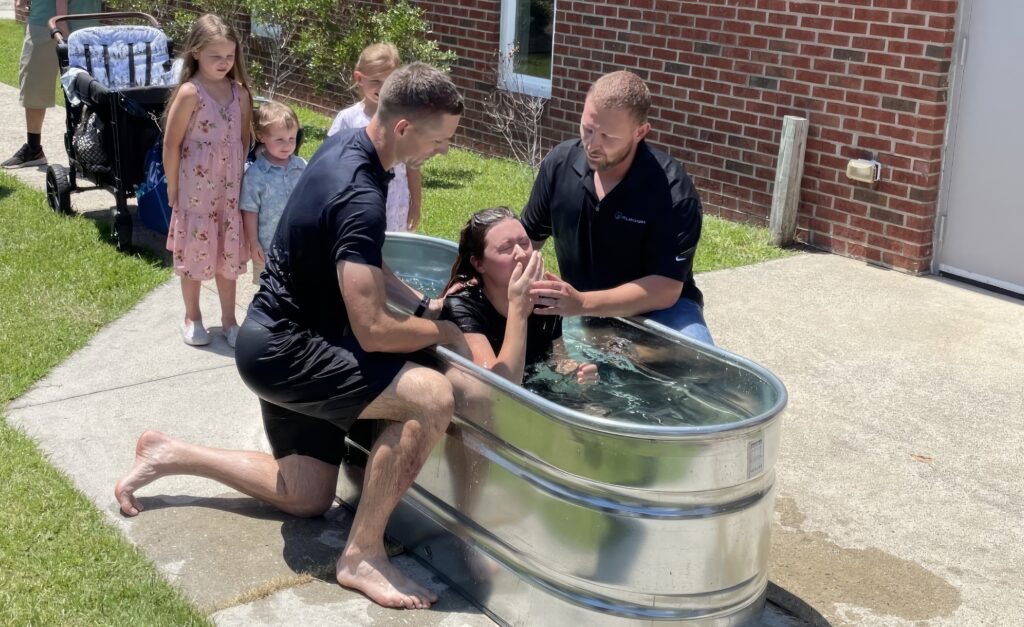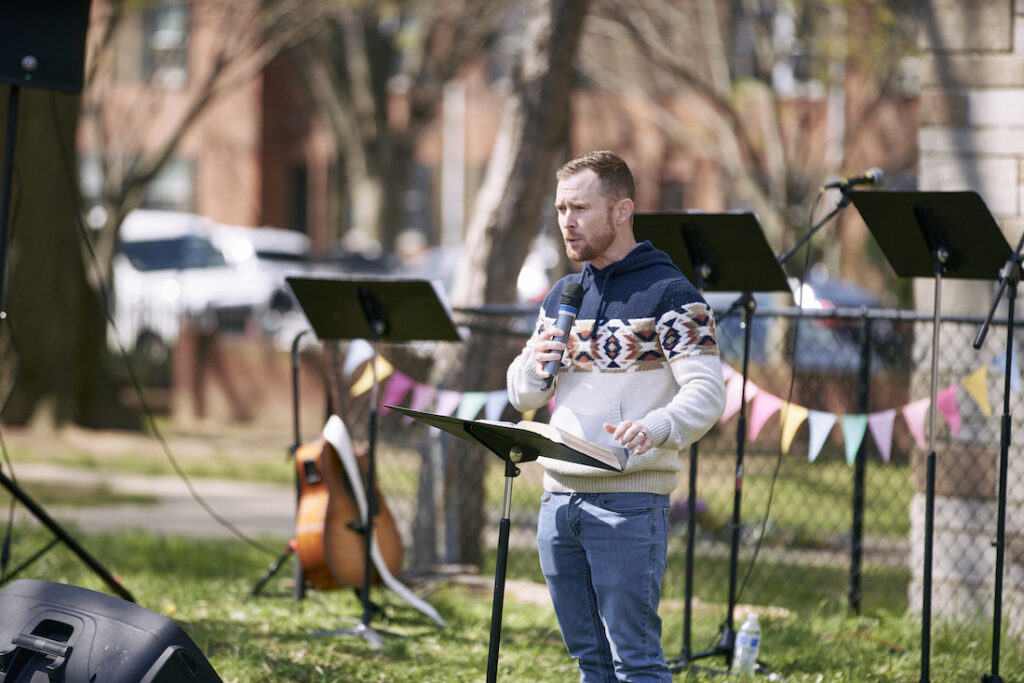Before we started our church planting process, I had a seasoned pastor remind me that if a church is birthed with deformities, it is going to grow with deformities. This makes the early leadership in church planting critically important.
In fact, some of the most important leadership opportunities for a church planter will be when the plant is still developing its core. With that in mind, listed below are five things for a church planter to consider as he leads his core group towards becoming a self-sustaining church.
Lead with vision
I think most church planters understand this. Your core group will need vision if they are going to commit to doing the hard work of planting a church. As the planter, help your core team see the vision with both words and actions. Your words of vision will help lead your core team to understand the plan for reaching the community with the gospel. Your actions of vision will help your core team understand how they are going to love each other through the process. Leading with vision is an incredibly difficult task for the planter, but it is necessary for the plant to grow.
Lead with humility
For the planter, the church plant is always on the front of his mind. For the core group, however, this often will not be the case. It is not because the core members do not care about the plant; they have other commitments in life that take energy. Even though the planter needs to call the core group to sacrifice, he needs to be humble in how he goes about that, so he doesn’t burn them out. In addition, it is important for the planter to be humble in the promises he makes to the core team. Even though you are trying to lead with a big vision, be humble with that vision, so you do not over-sell and under-deliver.
Lead with empathy
Before our second daughter was born, my wife and I tried to get our oldest daughter excited to be a big sister. However, shortly after our second daughter was born, it was clear that being a big sister was not exactly what our oldest thought it would be. I think the same principle holds true for many core groups as the plant begins to grow. As the core develops, relationships often are very strong, but as the plant grows, the relationship dynamics start to change, which can be hard. As a planter, lead your core with empathy, understanding that each step of the process changes the relational dynamic for your people. Remember that even though you are a church planter you also are the core group’s pastor.
Lead by letting others lead
As an individual, you will only be able to lead so many people, which is often not much more than your core group. If the plant is going to grow, you are going to have to let others in the group help you lead. From the very beginning days of your core group development, take time to study your core and see who in the group might assist in leading different parts of the church plant.
Lead by placing your hope in the wooden cross and empty tomb
The reality is that you do not know how your church plant may or may not grow. Perhaps all God has called you to do is plant seeds in your community. Perhaps someone already has planted seeds, and your role is just to water them. Perhaps it will be the planter who comes after you who will reap the harvest. In the timing of God, we really do not know, so from the very beginning stages help your core group — as well as your own heart — to put your hope not in church planting “success,” but in Jesus Christ and what He has accomplished through His death and resurrection.
Published March 20, 2018



